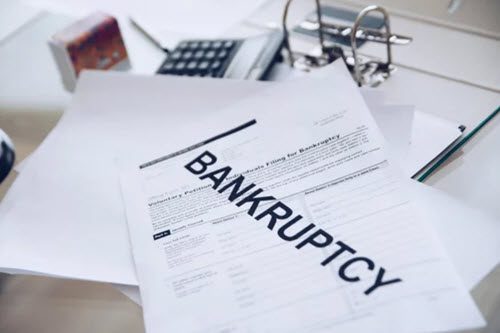Bankruptcy Appraisals
Bankruptcy Appraisals determine the value of a property during bankruptcy proceedings, where assets must be accurately valued to satisfy legal and financial obligations. In cases of bankruptcy, the court requires a professional appraisal to establish the fair market value of real estate assets, ensuring a fair distribution of property to creditors or the settlement of debts. The appraiser considers the property’s current market condition, comparable sales, and any unique circumstances surrounding the property. A bankruptcy appraisal is critical to the legal process, helping to ensure that all parties have a clear understanding of the property’s value.
Why Bankruptcy Appraisals Are Needed
Bankruptcy courts require full disclosure of a filer’s assets, including real estate holdings, to determine how much—if anything—creditors can recover. The value of the property can influence key decisions, such as:
Whether a debtor can keep or must surrender a property
How much equity exists for creditors
Whether a repayment plan is feasible (in Chapter 13 cases)
Asset liquidation strategies (in Chapter 7 cases)
An accurate and independent appraisal ensures transparency and supports a fair legal outcome for all parties involved.

The Bankruptcy Appraisal Process
A bankruptcy appraisal follows the same core steps as a traditional real estate appraisal but is conducted with added legal precision. The appraiser:
Inspects the property to assess its condition, features, size, and location
Reviews comparable sales (comps) in the area
Analyzes market trends, neighborhood dynamics, and any property-specific factors (such as zoning or needed repairs)
Produces a detailed, USPAP-compliant report that may be used in court or submitted to trustees and creditors
In some cases, retrospective appraisals may be required to establish property value at a specific point in the past—such as the date of the bankruptcy filing.

Who Orders a Bankruptcy Appraisal?
Bankruptcy appraisals can be ordered by:
Debtors, to support their case and demonstrate fair asset valuation
Creditors, if they dispute the claimed value or suspect underreporting
Attorneys, to help structure repayment plans or liquidation strategies
Bankruptcy trustees, to evaluate the estate’s total value
It’s essential that the appraiser is neutral, licensed, and experienced in legal valuations to ensure the report holds up under legal scrutiny.

Challenges in Bankruptcy Appraisals
Bankruptcy appraisals often involve added complexity due to:
Tight timelines for court filings
Uncooperative property owners or limited access
Stressed or distressed properties (in disrepair, vacant, or abandoned)
Legal disputes over asset value between multiple parties
Appraisers must approach these assignments with professionalism and clarity, providing a report that is thorough, unbiased, and clearly documented.

Conclusion
Bankruptcy appraisals play a crucial role in the legal and financial outcomes of bankruptcy proceedings. These appraisals provide an independent, unbiased, and court-accepted assessment of a property’s fair market value, which is essential for accurate asset disclosure, debt repayment planning, and fair treatment of all involved parties.
Whether you’re filing for Chapter 7, Chapter 11, or Chapter 13, a qualified appraisal can influence key decisions such as whether a property should be liquidated, exempted, or used to secure restructured payments. Courts, trustees, creditors, and attorneys rely on professionally prepared appraisals to ensure the valuation stands up to legal scrutiny and supports informed decision-making.
For debtors, a reliable bankruptcy appraisal can help protect exempt assets and ensure you aren’t unfairly overburdened by inflated valuations. For creditors and trustees, it confirms that property values are realistic and fairly reported, reducing the risk of disputes or challenges during the process.
Additionally, these appraisals ensure compliance with federal bankruptcy laws and guidelines, helping streamline the process and minimize costly delays or legal complications. A certified appraiser familiar with bankruptcy proceedings will follow strict valuation standards and provide the documentation necessary to support filings and negotiations.
